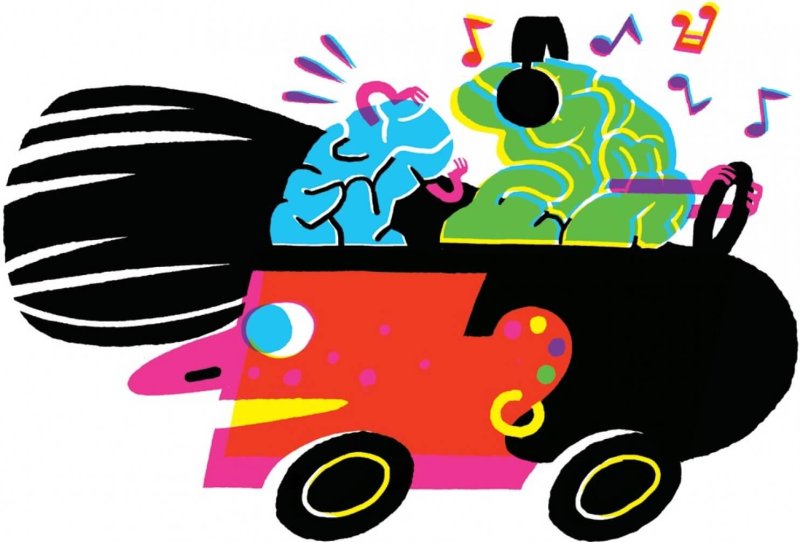Using brain scans, a new study has observed a link between connections in the brain and the ability of the person to tolerate economic risk. The paper titled “Amygdala Functional and Structural Connectivity Predicts Individual Risk Tolerance” was published in the journal Neuron on April 5.
…
108 participants were recruited for the study. First, they were asked to answer questionnaires involving 120 different scenarios. The answers were used to classify where the individuals stood on a spectrum ranging from extremely risk-averse to extremely risk-seeking.
…
By analyzing the brain structures and the questionnaire data, it was found that participants with a higher tolerance for risk had more gray matter (a larger amygdala) and displayed more functional amygdala-mPFC connectivity than those with a lower tolerance for risk.
…
“Just by looking at these features of your brain, we could have a reasonable idea if you are someone who will take lots of risk or not,” [says researcher Joseph Kable.]
…
But given the early stages of the research, it is too soon to understand whether a system could be designed and implemented with regards to business investments or gambling disorders. “Risk taking is a complex phenomenon that is likely influenced by many factors. It seems like a big leap to go from a lab study to using this technology to inform financial decisions,” added Professor Timothy Caulfield.
Read full, original post: Do You Take Unnecessary Risks? Your Brain Structure Could Be To Blame































